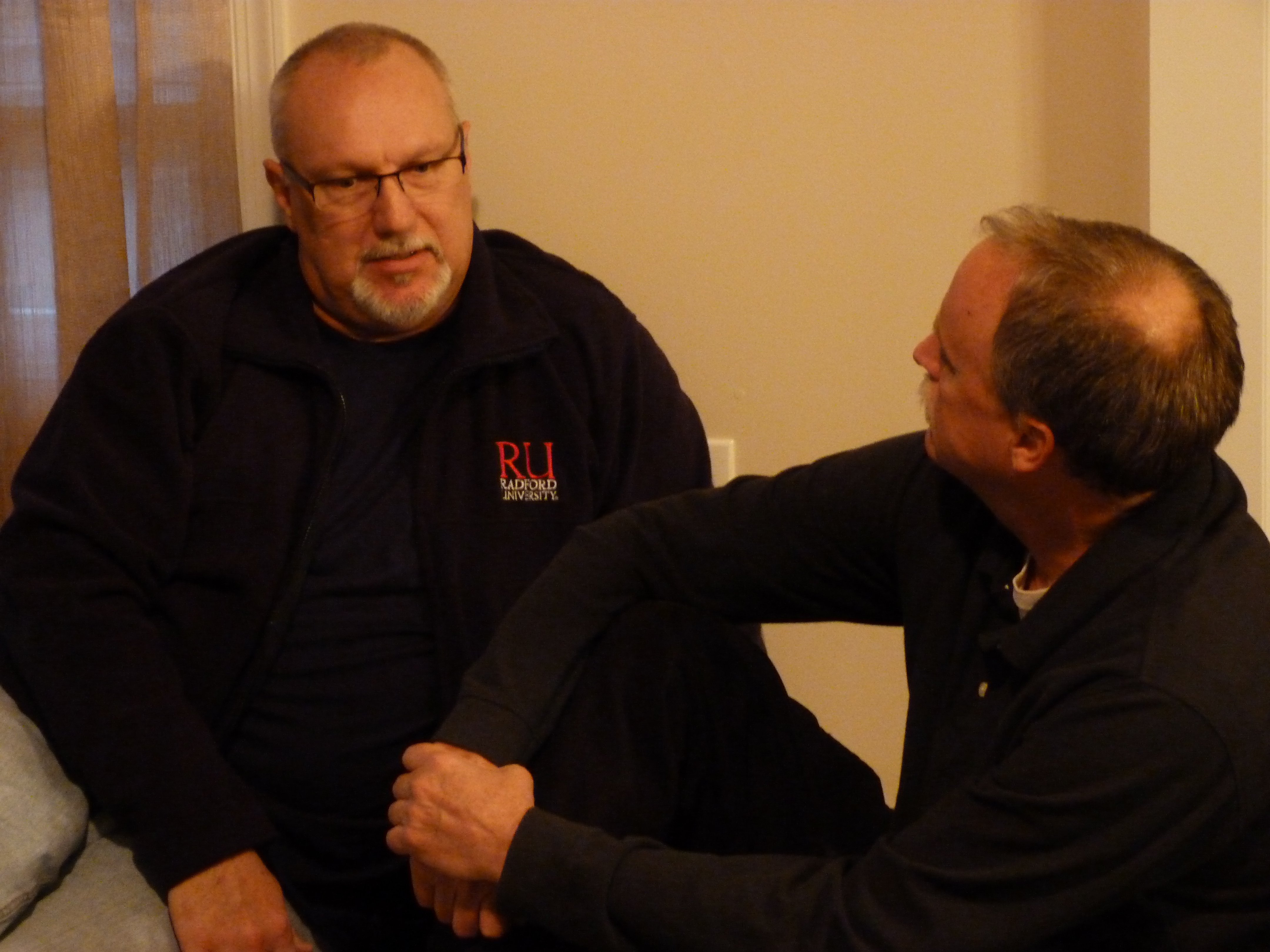“I thank my God always when I remember you in my prayers…For I have derived much joy and comfort from your love, my brother, because the hearts of the saints have been refreshed through you.” – Philemon 4, 7
Brothers. That word can vary greatly in its meaning, depending on the relationships it represents. For the apostle Paul, being “brothers” meant having Christ in common and loving each other as He intended. Also inferred is to follow Christ together, in obedience to His Word and through the grace of the Holy Spirit.
While imprisoned in Rome, Paul wrote to Philemon, a brother in the faith, to ask a favor, or rather to ask his favor. In this brief, carefully worded letter, Paul commended Philemon for his walk with the Lord and his Godly influence on the Colossian church that met in his home. Philemon had come to faith under Paul’s teaching, and his faithfulness was an encouragement to Paul.
In his letter to Philemon, Paul makes the surprising announcement that he is well-acquainted with a man who had severely wronged Philemon. The man, Onesimus, was a slave, or bond-servant, in Philemon’s household. Some time earlier, he had fled (stealing provisions) and made his way to Rome, where he met Paul. Under Paul’s teaching, he also came to faith in Christ. Two men, once in the same household, and then estranged, are now brothers. Could they be reconciled?
Philemon’s Dilemma – As a Godly believer, Philemon was most probably a benevolent master. When Onesimus ran away, Philemon could have easily felt betrayed and bitter at his loss, not just the loss of a servant or property, but the damage to his reputation or witness as a believer and leader in the church. Why would Onesimus leave unless he was mistreated, or so people would think. This rift between these two men would be what Paul addresses in his letter. Given the news that Onesimus had become a believer, could Philemon forgive him and receive him back, both as a slave and a brother?
[Paul doesn’t speak to the issue of slavery which was a common practice in the Greco-Roman world. This letter was not about the rightness or wrongness of Christ-followers having slaves in their households. Paul wrote to Philemon about relationship and Gospel transformation.]
Onesimus’ Dilemma – Onesimus’ costly decision to leave Philemon’s household would put him in a precarious situation with the authorities. He sought to hide himself in the bustling city of Rome, but he, in fact, was found by the Lord Himself. He thought he could save himself, but discovered the only Savior who could truly make him free. As Onesimus grew in his faith and in knowledge of Christ, he became a trusted friend and helper to Paul. The day came, however, that he and Paul must have agreed that an unresolved matter had to be made right. Onesimus must try to reconcile with Philemon.
Paul’s Dilemma – Paul was spiritual father to both of these men. In discipling Onesimus in being obedient to Christ, Paul must have been very clear about the need for confession of sin, God’s forgiveness, and then reconciliation – of the offense and with the offended. By the tone of Paul’s letter, Onesimus was ready and willing to return to Philemon. Paul could have been forthright in compelling Philemon to take Onesimus back. However, Paul wanted Philemon to desire it, not because Paul asked him, but because Onesimus was now his brother. “Receive him as you would receive me….Refresh my heart in Christ.” (Philemon 17, 20)
Do you think Philemon received Onesimus back…as a brother? We do not know from Scripture, but we can imagine, as we read this letter.
Often, if not daily, we encounter one or the other of the dilemmas these three brothers faced. We are the one who offends. We are the one offended. We are the brother who could intervene or intercede for the two others.
There was a time when I gravely hurt a Christian friend of mine who finally confronted me with my wrong-doing. Shocked at my own insensitivity, I was immediately repentant and asked for forgiveness. The wound was still so raw, my friend momentarily refused to forgive me. I appealed with, “But you HAVE to forgive me.” As believers in Christ, we are obliged to forgive each other, if not out of obedience, then in gratitude to Him for our own forgiveness. I think if there had been a brother Paul in our lives, I would have seen my sin earlier and sought reconciliation more quickly, lessening the pain for that friend, who did, by the way, forgive me.
Take a moment with me to examine our lives. Is there a brother (or sister) whom we’ve wronged and we alone must take steps toward righting that wrong? Or are we in position to forgive another and to take the steps publicly to receive that one back into our lives? Or, lastly, and most counter-culture in today’s world, are there those with whom we have influence who need help reconciling. Do we love them enough to extend ourselves to them? Do we love God enough – to put ourselves on the line – for an Onesimus and a Philemon?
This bond of brothers – Philemon, Onesimus, and Paul – is one of life’s great lessons on how the Gospel transforms us. Reconciliation follows as we see each other as Christ sees us, and act accordingly – obeying Him in word and deed and lovingly encourage each other to do the same.



